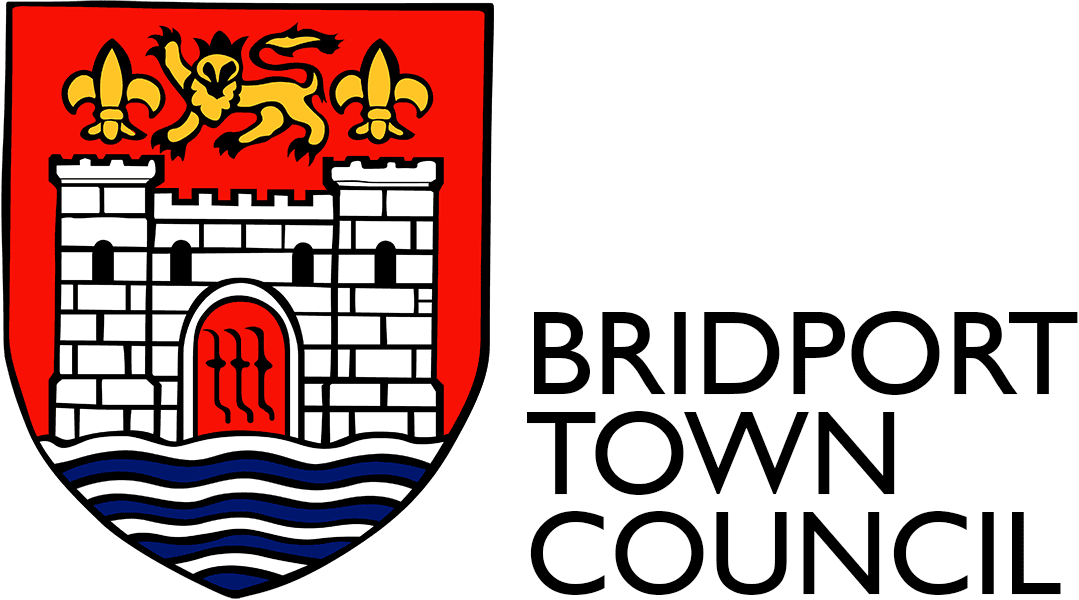This section summarises some developments at national, regional and local levels which may be of interest going forward.
In 2022 NHS England announced some changes to their contracts with dental practices. These included: improving payments for more complex treatments; increasing the UDA value of treatments involving three or more teeth; allowing more dental professionals to provide treatments; and switching unused/refunded UDAs to other willing practices. The British Dental Association, however, feels these reforms are too small to make a real difference. Also, in future dental practices will be required to update, regularly, information they provide to the NHS Find a Dentist website.
Equally notable, from April 2023 the responsibility for commissioning NHS primary dental care has been delegated to Integrated Care Boards, which have been created at local or sub-regional level across England to improve joint working among health and care services and to generate better health outcomes that match an area’s needs. In our case this means delegation to the Our Dorset Integrated Care Board.
The South West Dental Reform Programme was established in 2020 to improve access to dental services, develop workforce initiatives and improve oral health of the population. It is jointly run by NHS England (Dental Health Commissioning & Transformation Team), Health Education England, Integrated Care Partnerships, local authority Public Health services, Local Dental Committees, the Local Dental Network and patient representatives. It commissioned the oral health needs assessment report cited above (report 2). This led to agreed actions, including:
- Working with the NHS 111 service to streamline services and review demand against urgent dental care capacity;
- Conducting welfare checks with children on dental waiting lists to prioritise treatment for the most vulnerable;
- Conducting a dental workforce survey to understand what would keep professionals working in the area;
- Working with England’s deputy Chief Dental Officer and similar counties to seek to improve rural dental recruitment;
- Working with dental (training) schools and presenting career development days to inform students about NHS dentistry opportunities;
- Discussing with other Dorset organisations whether there is scope to market the area to dental professionals;
- Mapping local authority priorities and interventions, to highlight gaps, whilst compiling an easily accessible oral health repository of patient-facing information;
- Looking into the potential for a South West-wide supervised toothbrushing scheme.
It is not known how far implementation of these actions has gone so far. That said, report 3 notes the intention to run a South West recruitment day to attract dental professionals, supported by the British Dental Journal and dental providers. Also, funding being on offer for local dentists to undertake post-graduate courses at Bristol and Plymouth universities.
Notable, too, is that Healthwatch Dorset has been holding focus groups during Spring 2023 with dental professionals, public sector officials or practitioners and voluntary sector organisations, as a follow up to its report. This has included themed groups on homelessness, asylum seekers, children in care and school children. The aim has been to identify some practical things which could improve the situation for these groups, such as distributing oral health packs. A meeting with the Local Dental Committee is also planned.
However, overall Healthwatch Dorset considers that system reform is needed to tackle “the twin crisis” of access and affordability in service provision, whilst also improving public information about the availability of NHS dentistry.
